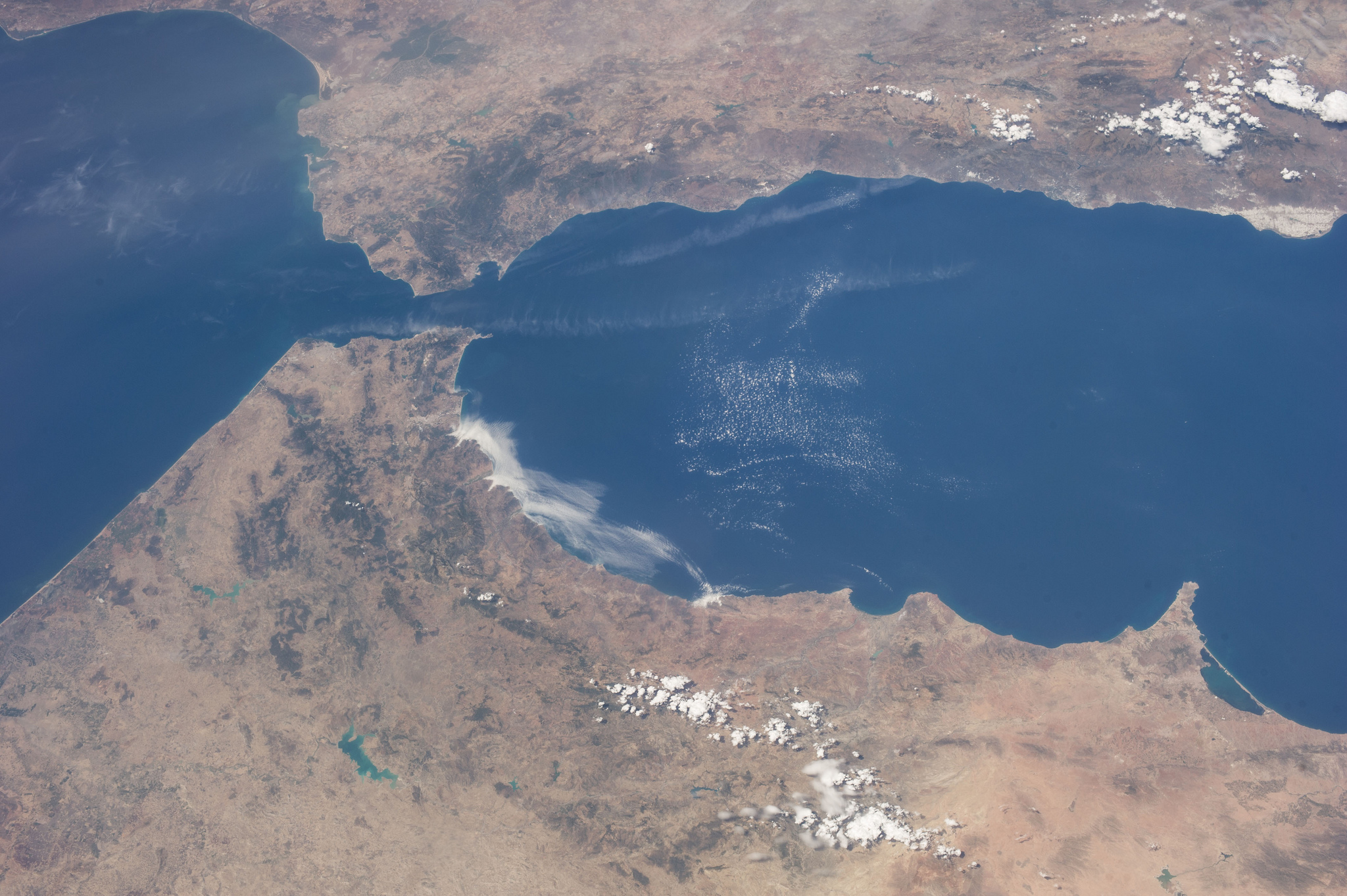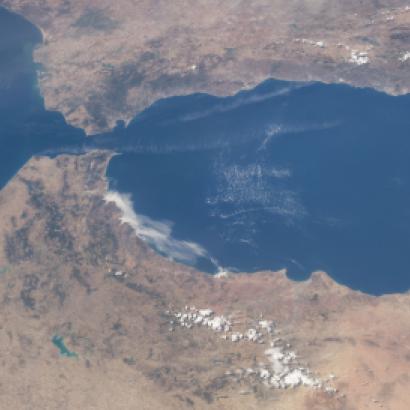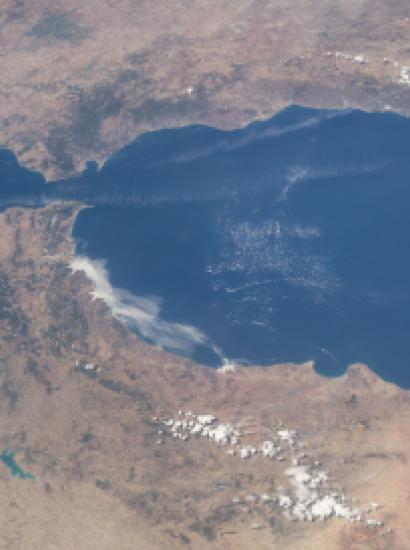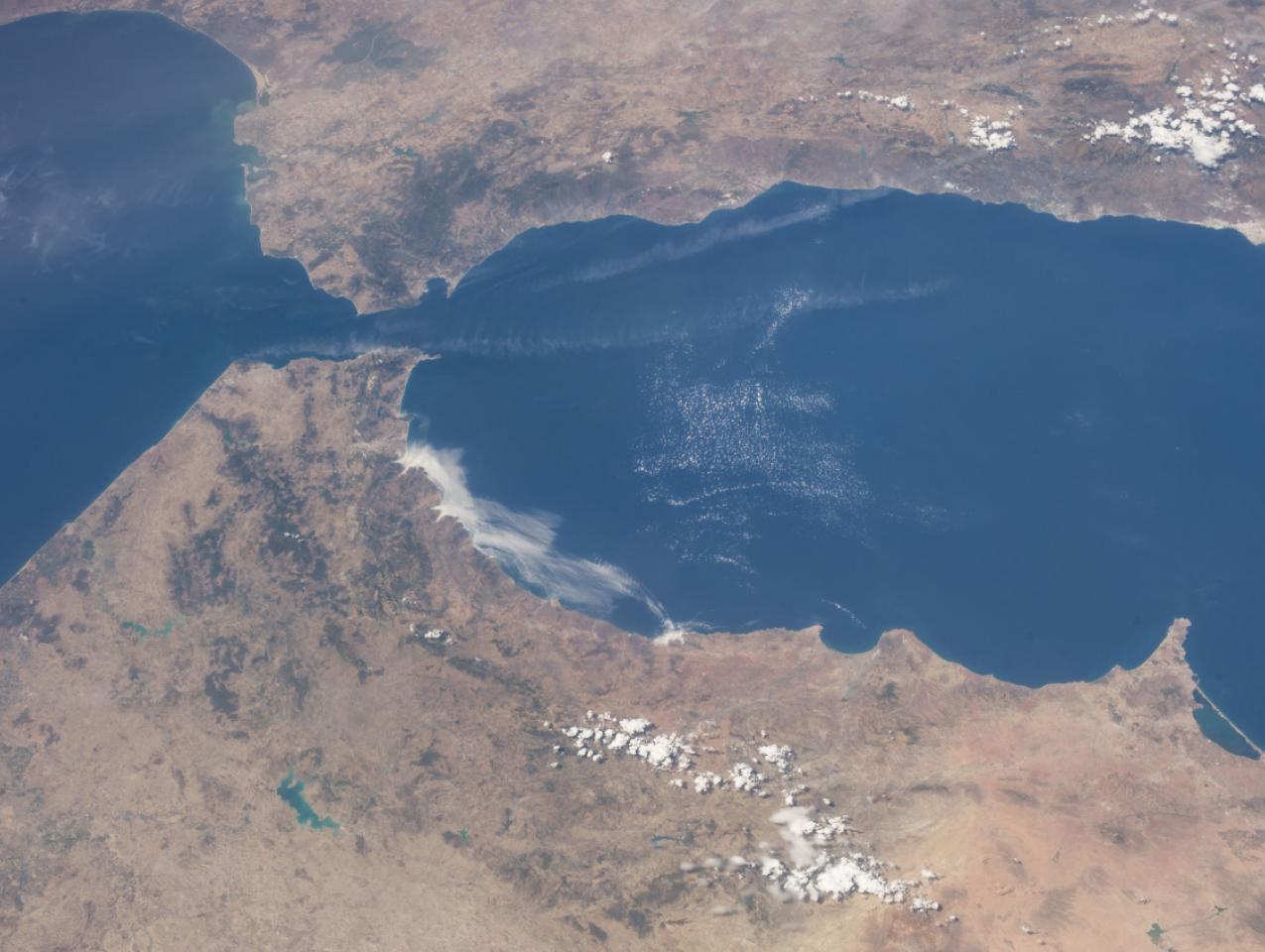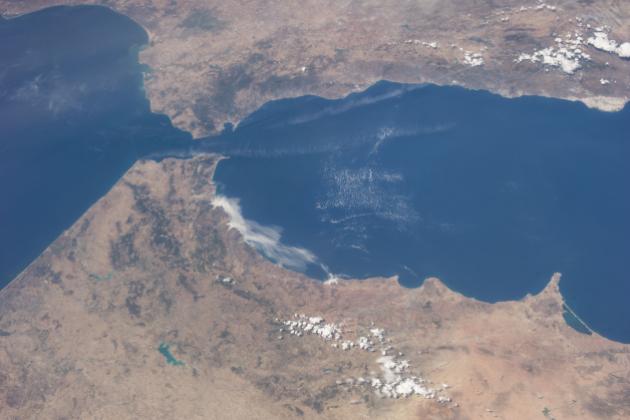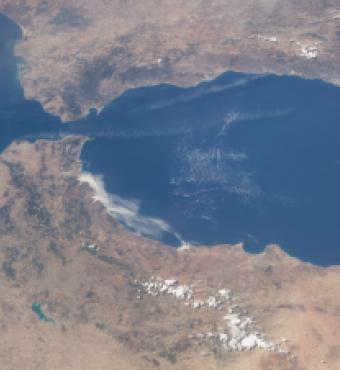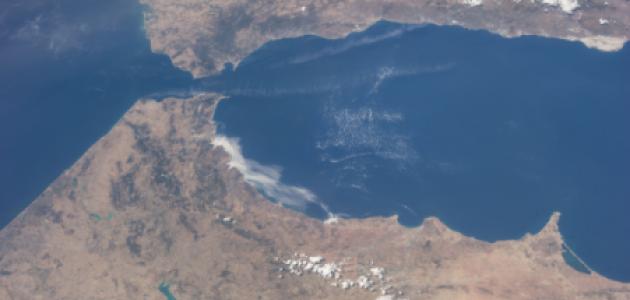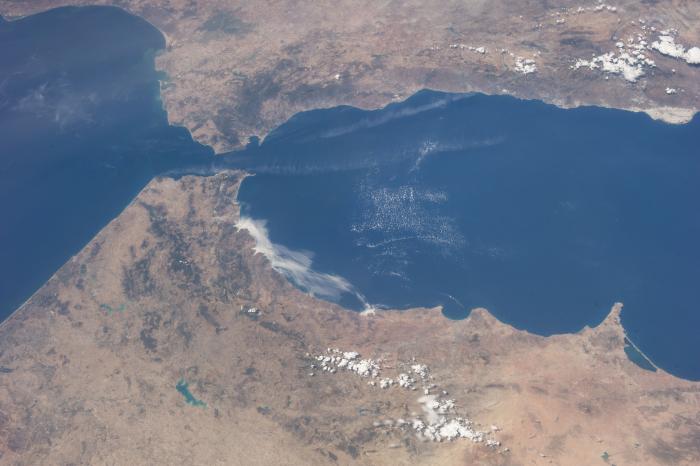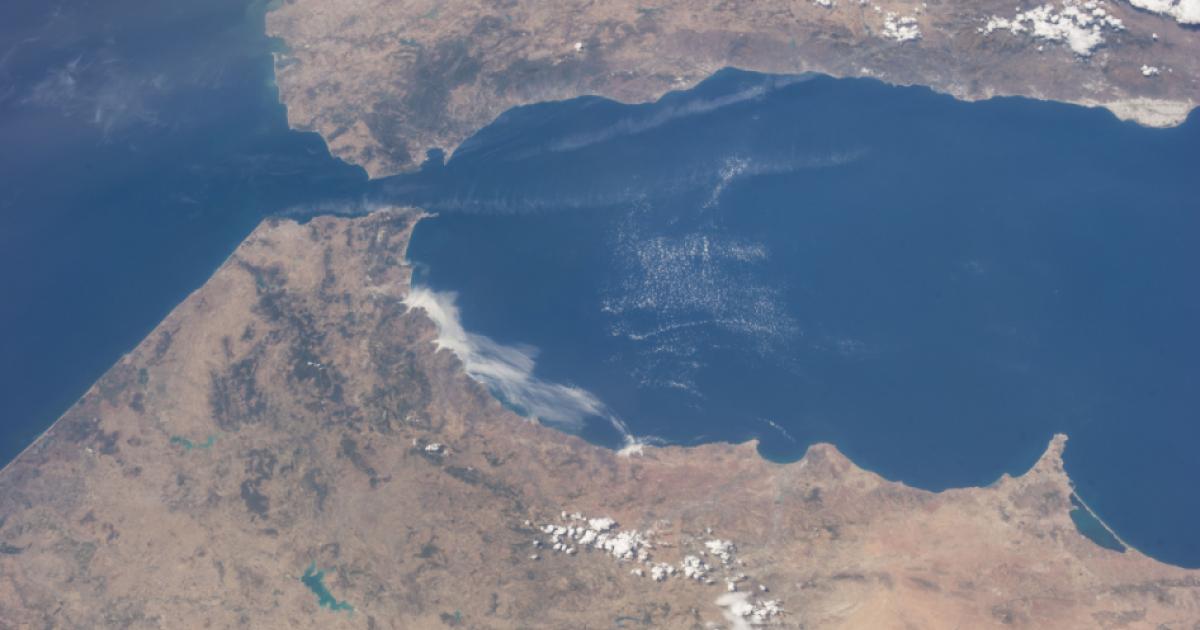I returned to Gibraltar last week after a gap of 17 years. I was last there in 1997, as a foreign correspondent for the London Times. Seventeen years. So much has changed. Casemates Square, once a disgrace in the heart of town, is almost lovely now. There are no more smugglers’ motor-launches—those ghastly lanchas—tarnishing the Rock’s good name. And there is money everywhere, with a visible prosperity and elegance that I cannot recall from my last visit there. There is a palpable air of confidence on the Rock, the clear whiff of high morale and economic vigour. Life there seems not to be small and claustrophobic anymore, and the existential stress of being Gibraltarian seems to have abated. Gibraltarians, I would wager—and “wager,” surely, is the perfect word, given the Rock’s online gaming riches—have never had it so good. Theirs is the fastest-growing economy in Europe.
And yet a cloud has always hung over the place. Who does Gibraltar—claimed by Spain and governed by the Gibraltarians themselves—belong to? It is a British Overseas Territory, which is exactly how Gibraltar would like to be, and a few historic wobbles in London notwithstanding, the Gibraltarians have had clear and binding assurances from successive British governments that Britain will not alter the political status of Gibraltar without the explicit consent of the people of Gibraltar. In fact, in 2008, the British minister of state for Europe went so far as to tell the House of Commons that the government would not even enter into a “process” that considers the future of Gibraltar without the consent of Gibraltarians.
Across the border in Spain, however, there is a government that would deny the self-evident truth that Gibraltar is Gibraltarian. Gibraltar, in Spain’s view, is in a state of suspended Spanishness. As every schoolchild on the Rock knows, Spain ceded Gibraltar to the British Crown in 1713, under the Treaty of Utrecht. It was no ordinary cession; it was a ceding in perpetuity. Yet Spain has never reconciled itself to the loss of Gibraltar. General Franco’s decades-long blockade of Gibraltar was not surprising. He was who he was, Francisco Franco Bahamonde, “Caudillo de Espana, por la gracia de Dios.” A man who waged ruthless war against his own people can hardly have been sympathetic to a population he despised, in a territory that he believed had been taken by force from Spain, a limb severed from the madre patria waiting to be sewn back again. But what is so depressing to Gibraltarians—and should be depressing to modern Spaniards—is the attitude of successive Spanish governments after Franco, governments of an ostensibly modern European democracy that have sought to deny to Gibraltarians their right to self-determination.
Gibraltarians have that right, and let no one say otherwise. And it is the manner in which the Gibraltarians have exercised their right to self-determination—a right rooted in international law—that has made the Spanish so apoplectic. Spain describes Gibraltar as a “colony,” a political condition which it regards as offensive. The irony of a great, ex-imperial power railing against the offensiveness of colonial status is so rich as to give one indigestion. The United Nations, too, has been bewitched by the colonial label. Its “Special Committee on the Situation with regard to the Implementation of the Declaration on the Granting of Independence to Colonial Countries and Peoples”—known, thankfully, as the “Decolonization Committee”—lists Gibraltar as a territory in formal need of decolonization.
What would this decolonization of Gibraltar mean? The answer is recolonization: for both the UN committee and Spain would have Gibraltar revert to Spanish sovereignty, in spite of the fact that the people of Gibraltar have voted twice in referendums to reject even a smidgeon of Spanish sovereignty, the only instances in human history where votes of 99% or thereabouts have been free from taint and irregularity. (Stalin, or Saddam, or Ceacescu, would have killed for results like that. In fact, they did kill for results like that…)
If the Gibraltarians have a right to self-determination, that right must allow them to elect to be British, in whatever form they wish. Currently, the political architecture they prefer is that of a British Overseas Territory, and they reserve for themselves the right to become independent of Britain should they ever wish it. But Spain objects strenuously to this Gibraltarian interpretation of their right to self-determination. Under Madrid’s reading of the law, the territory must revert to Spain in the event of its "alienation" by Britain. The Treaty of Utrecht stipulates that Spain must get first refusal should Britain ever wish to relinquish its sovereignty over Gibraltar; and so Gibraltar can either be British, or it can be Spanish. It cannot be anything else. Under the basic principles of international law, however, the specific provisions of an ancient treaty must give way to a general principle of modern international law if there is conflict between the two. The Treaty of Utrecht cannot trump the right to self-determination. That is the “basic physics” of the Gibraltar question.
Spain’s evolution from Fascist backwater to modern democracy will not be complete until such time as it learns to respect the people of Gibraltar, and to accept that Gibraltarians are not ciphers, or interlopers, or trespassers, but people with rights. It is particularly obnoxious to Gibraltarians that the erasure of their rights has been advocated by governments in Madrid that have sought to suppress Spain’s own regions, many of whom seek rights that fall well short of the autonomy that Gibraltar currently enjoys.
Imagine the consternation in Spain’s regions were Gibraltar ever to be reintegrated with Spain. Suspend your disbelief for a moment and picture a “Gibraltar Español.” It is inconceivable that this would be possible without Madrid granting Gibraltar at least the same level of autonomy that it enjoys under Britain, perhaps even more. Or why else would Gibraltar voluntarily join Spain? Now I ask: How would this go down in Catalonia or the Basque Country, in Galicia, Valencia, or the Balearic Islands? How would Spain be able to resist granting its regions an enhanced, Gibraltarian level of autonomy? And were it to do so, how long before Spain itself unraveled in a heap of competing regional departures?
We don’t need to resort to fantastical hypotheses. Spain, in fact, is already unraveling. The country that would reintegrate Gibraltar against the wishes of the Gibraltarians is already on the brink of losing the Catalans. The furious contest between Madrid and Barcelona is the theatre of Spain’s disintegration—a tragicomic zarzuela in which the Catalans vote to secede from Spain, and Madrid…wait for this...threatens to sue them in court for voting! Is it any wonder that Gibraltarians regard Madrid with such trepidation? Coercive coexistence is Madrid’s way, be it with the Catalans or the Gibraltarians.
Contrast the events of Spain, and the toxic farce of the Catalan referendum, with those in Britain over Scotland. While the Scottish movement to secede may have baffled many of us—and I regard it as a form of madness brought on by too much haggis and whiskey—it was treated by the government in London with respect and decency. Britain gave the world a lesson in democracy and self-determination. Instead of the jingoistic “pushmepullyu” we saw between Mariano Rajoy and Artur Mas, the leaders of Spain and Catalonia, respectively, we witnessed in Britain a counter-movement by the forces of union to persuade the Scots to stay British. Britain is an old and sophisticated democracy which places great trust in its citizens. It is no wonder that Gibraltar, which is itself a democracy older than Spain, should wish to remain wedded to Britain.
That is not to say that Gibraltar, and Gibraltarians, need be implacably hostile to Spain. Far from it. As I tell every Spaniard of influence I meet—as I told Prime Minister Jose-Maria Aznar on the Spanish Air Force jet on which I once flew with him from Madrid to London as a fortunate foreign correspondent—if Franco had kept the border open instead of shutting it, if Spain were to treat Gibraltar with humanity and friendship instead of proprietorial contempt, if Madrid were to leave matters not to ornate Castilian hubris, but to the osmosis of a wide-open border, it is conceivable that Gibraltar could come to a friendly compact with Spain in the space of two or three or four generations.
The border between Spain and Gibraltar was unlocked in 1985. That means no Gibraltarian under 30 knows anything other than a legally open border. Spain is not another planet anymore. There may be delays, occasional closures, and all the other forms of Spanish torment that Gibraltarians have to endure; but those under 30 have had easy and refreshing access to Spain. And 40-year-old Gibraltarians only knew a closed border until they were 10, which is well short of the age at which political and economic consciousness kicks in. So if Spain’s political class were to wake up to the fact that the one way not to win Gibraltarian hearts is to wield a stick at every opportunity, one might imagine a day when the border between Gibraltar and Spain becomes nothing more than a point of banal transit.
Paradoxically, the biggest threat to Gibraltar today comes not from Spain, the age-old ogre, but from Britain, the Mother Country. A dangerous movement is afoot in Britain to reject the European Union. Spooked by Nigel Farage and the UK Independence Party, Prime Minister David Cameron and his ilk are dicing with Britain’s future and prosperity. And if Britain were to depart from the EU after a referendum, where would that leave Gibraltar, a territory that is so thoroughly integrated into European economic arrangements that any end to them could only spell disaster for the Rock and its people?
If Britain does vote to terminate its membership of the European Union, Gibraltar would have to leave the EU, too, making it a political and economic hostage to Spain. A British-but-non-EU Gibraltar would flounder quickly. The prosperity that I saw and felt on my visit last week would evaporate. And if Gibraltar, eager to remain European, chooses to exercise its right of self-determination and leave the United Kingdom, it would not be able to accede to the EU as an independent member-state without overcoming a Spanish veto. Given that Spain would regard an independent Gibraltar as an illegal entity—its consistent position, after all, has been that the Rock reverts to Spain in the event of alienation from Britain—Gibraltarian membership of the EU would be a nonstarter. Gibraltar would have better luck joining the United States as its 51st state!
My humble advice to Gibraltarians—and to the Gibraltar government—would be to mobilise all the political resources at their disposal to help shape the pro-Europe debate in Britain, to help bolster the voices of those who would fight to keep Britain in the EU. Gibraltar needs to fight the anti-EU insanity on the political right in Britain. Now is the time for it to turn aggressive in its own interests, to turn pushy in its own defence. Its fight is not simply the age-old one: to keep Gibraltar British. It is a fight to keep Britain European. For outside the EU, Gibraltar would be well and truly sunk.
This is adapted from the inaugural Gibraltar Chronicle Lecture, delivered by the author at The Convent, Gibraltar, on November 14, 2014.







